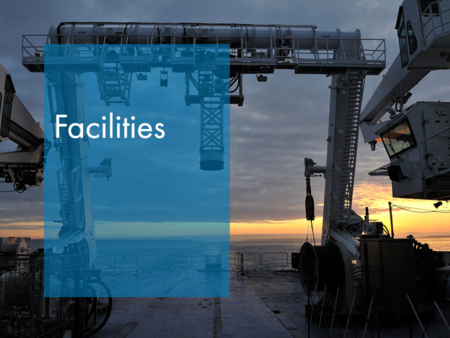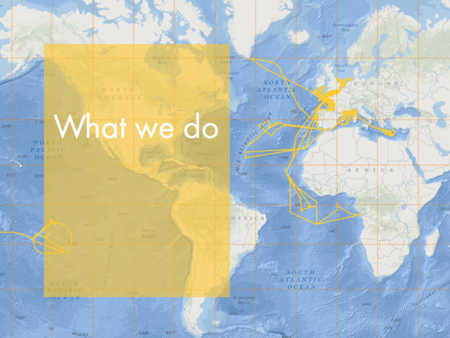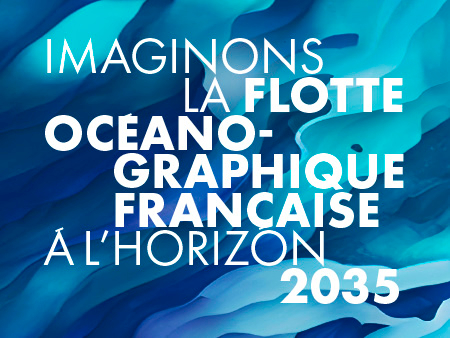Project CORAL
The aim of Project CORAL (Constructive Offshore Robotics ALliance) is to develop a deep-sea autonomous underwater vehicle (AUV) for scanning and inspecting the sea down to a depth of 6,000 metres. It’s part of the French Oceanographic Fleet’s drive to replace its equipment in order to satisfy the future demands of scientists and companies.
The project is funded over five years by IFREMER, PACA Regional Council and the European Regional Development Fund (ERDF). Total investment amounts to €5,280,000 and covers the entire cost of staff, tests and ships during the testing phase.
The project is organized into three “pillars” which express the regional character of the technological developments undertaken in collaboration with industrial and academic partners:
- The first pillar concerns the development of the operational underwater vehicle and includes its instrument payload, embedded software and deployment tools.
- The second pillar is the creation of industrial services centred on an autonomous vehicle currently operated by IFREMER which can dive to a depth of 3,000 m. IFREMER’s compensation will be a percentage on the resulting turnover.
- The third pillar is setting up an “underwater robotics laboratory”, a technical environment combining the Seatech engineering school of Toulon University and IFREMER’s European Centre of Underwater Technology (CETSM).





